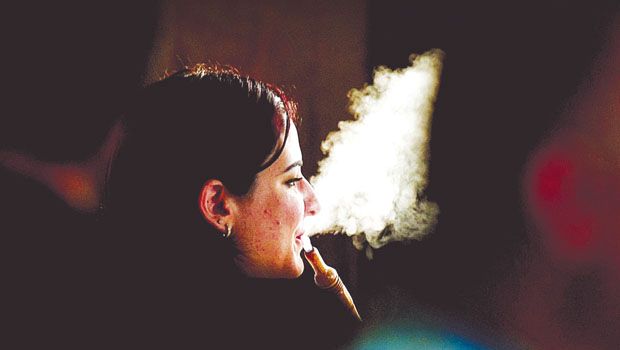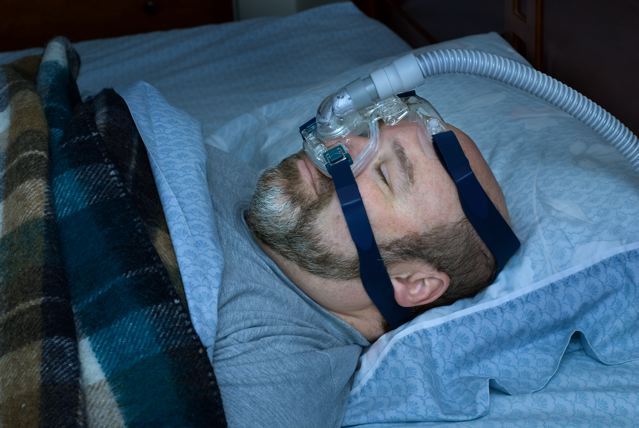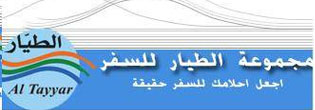Business & Finance Club - Health : Moderate to severe obstructive sleep apnoea increases the risk of coronary heart disease or death by 68 per cent in men under the age of 70 but does not increase the risk for those over 70, researchers recently said.
Previous studies have also found an increased risk of death linked to the night-time breathing disorder but the studies have generally involved only small groups of patients, often those who are hospitalised.
Few or no women were included. The new study, reported in Circulation: Journal of the American Heart Association, is by far the largest study to date. Obstructive sleep apnoea is marked by the frequent collapse of the airway during sleep, making it difficult for victims to breathe for periods lasting as long as ten seconds.
Oxygen-depleting effect
Those with a severe form of the disorder have at least 30 disruptions per hour. These disruptions not only interfere with sleep, leaving the victim unusually tired the next day, but also reduce the amount of oxygen in the blood, which can impair the function of internal organs.
An estimated 24 per cent of adult men and 9 per cent of adult women suffer from it. The most common treatment is continuous positive airway pressure, or CPAP, in which a small device forces air through a mask into the airway, preventing apnoea.
Many patients, however, do not like to wear the devices. Dr Daniel J. Gottlieb of the Boston University School of Medicine and his colleagues studied 1,927 men and 2,495 women who were 40 or older at the beginning of the study and who had no cardiovascular problems. All were already enrolled in other studies examining problems that affect the heart.
In this group, 24 per cent of men and 11 per cent of women suffered from sleep apnoea, as diagnosed by standard sleep studies. None received treatment for it.
The researchers found that, when they eliminated all other risk factors, men between the ages of 40 and 70 who suffered 30 or more apnoea episodes per hour were 68 per cent more likely either to suffer a heart attack, to need a coronary artery opened or to die of heart disease during the median of 8.7 years of follow-up.
The men were 58 per cent more likely to suffer heart failure. The researchers were at a loss to explain why women did not suffer such cardiovascular problems but speculated that the study was just not large enough to detect it because of the low incidence of apnoea in the gender.
"The take-away from our study is that obstructive sleep apnoea is a serious condition that warrants medical treatment," Gottlieb said. "Many patients don't experience symptoms of obstructive sleep apnoea, such as daytime sleepiness, or if they do, they don't mention it during routine medical exams. It's important for anyone who suspects they have obstructive sleep apnoea to discuss it with their primary care physician."











